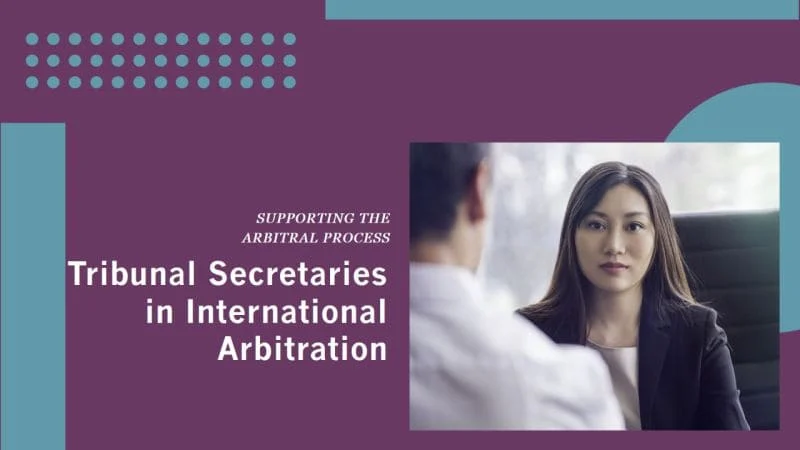👉🏻Most standard form construction contracts contain provisions prescribing a strict form of notice required to be submitted by the contractor in case of a claim for extension of time.
Exampls –
Sub-Clause 20.1 read with sub-clause 8.4 of the fidic Conditions of Contract (Silver Book)
👉🏻..the contractor must give a detailed notice to the employer within 28 days of the contractor becoming aware or from the date when the contractor should have been aware of any such event. The failure to give such notice would result in extinguishment of the rights of the contractor.
Legal Position in India:
👉🏻 It can be argued that strict notification clauses may get hit by Section 28 of the Indian Contract Act 1872.
Section 28 provides:
👉🏻 “28- Agreements in restraint of legal proceedings void – Every Agreement
a. by which any party thereto is restricted absolutely from enforcing his rights under or in respect of any contract, by the usual legal proceedings in the ordinary tribunals, or which limits the time within which he may thus enforce his rights; or
b. which extinguishes the rights of any party thereto, or discharges any party thereto, from any liability, under or in respect of any contract on the expiry of a specified period so as to restrict any party from enforcing his rights, is void to the extent.…”
Thus, in view of above, such notification clause may become void under Indian law.
In the case of Chander Kant and Co. v. Vice Chairman, DDA,74
👉🏻 the Delhi High Court held that both curtailment of the period of limitation for specific period and extinction of the right are not permissible under Section 28 and if there is any clause to that effect in an agreement it would be barred under law.
The Supreme Court , in the case of
Union of India and Ors v. IndusInd Bank Ltd. and Ors.,
👉🏻 held that “even where an agreement extinguishes the rights or discharges the liability of any party to an agreement, so as to restrict such party from enforcing his rights on the expiry of a specified period, such agreement would become void to that extent…”.






